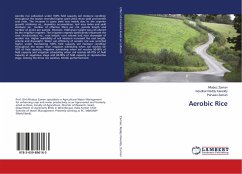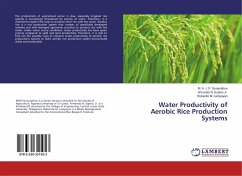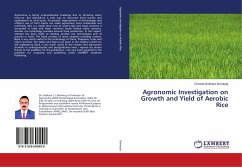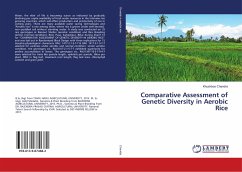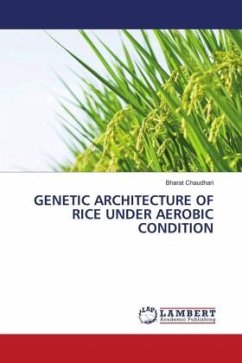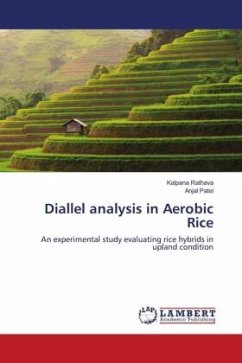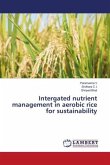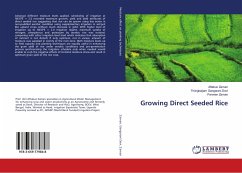Aerobic rice cultivation under 100% field capacity soil moisture condition throughout the season recorded higher grain yield, straw yield and benefit cost ratio. The increase in grain yield was mainly due to the superior growth attributes viz., drymatter accumulation, leaf area index and yield attribute viz., number of effective tillers per m2, panicle length and number of grains per panicle. However, 1000 grain weight was not altered by the irrigation regimes. The irrigation regimes significantly influenced the root characteristics viz., root length, root volume and root dryweight of aerobic rice. Higher availability of soil moisture increased the root length, volume and dryweight. Water use efficiency of aerobic rice was recorded higher under maintaining 100% field capacity soil moisture condition throughout the season than irrigation scheduling when soil reaches 60-70% of field capacity, irrigation scheduling when soil reaches 80-90% of field capacity and irrigation schedulingwhen soil reaches 60-70% of field capacity at vegetative stage and 80-90% of field capacity at reproductive stage. Among the three rice varieties, Khitish performed best.
Bitte wählen Sie Ihr Anliegen aus.
Rechnungen
Retourenschein anfordern
Bestellstatus
Storno

